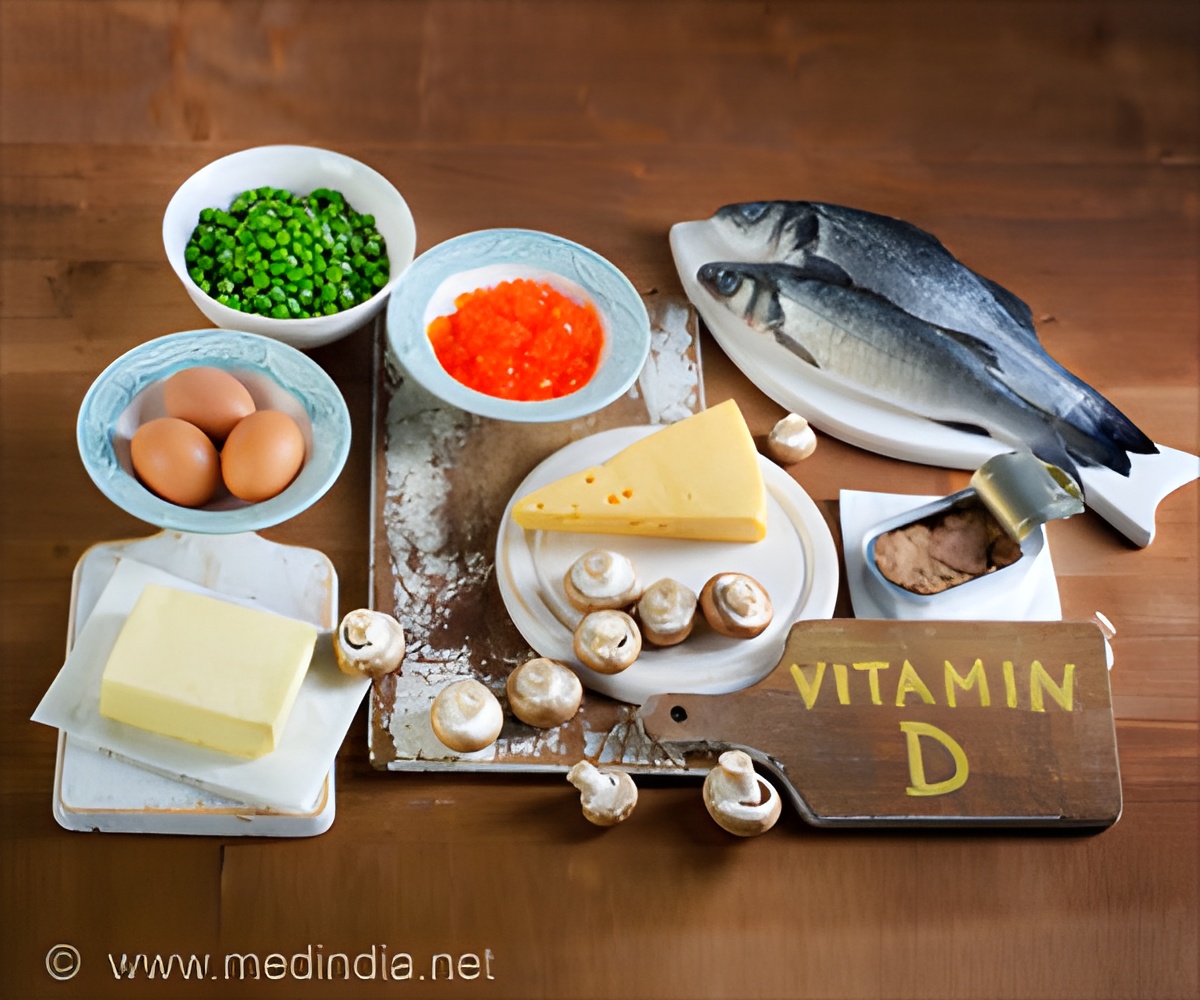North Indian women are deficient in Vitamin D, which may make them more vulnerable for developing Type-2 diabetes, despite adequate exposure to sunshine.

‘Supplementation with vitamin D present in foods such as milk, eggs, tuna, salmon, and mushroom can help prevent diabetes in Indian women.’





The findings showed that pre-diabetes women living in north India were 68.6 per cent vitamin D "deficient", 26 per cent have "insufficient" levels, while only 5.5 per cent have "sufficient" levels of the vitamin. "In India, there is a need to understand this as women have a propensity to be obese, develop metabolic syndrome, consequent hyperglycaemia and thereby be at the risk of diabetes. The pace at which women are moving from the pre-diabetic stage to the diabetic stage is alarming," Anoop Misra, Chairman Fortis C-Doc, said in a statement.
"If this could be prevented by prescribing a cost effective vitamin D supplement, it would be truly amazing," he added.
According to the researchers, an inverse relationship exists between vitamin D levels and blood sugar levels indicating lower the vitamin D levels, the higher the blood sugar.
It is because vitamin D may have a direct effect on the pancreatic beta cell function, thereby increasing insulin production.
Advertisement
According to a recent report by India Spend, the country currently represents 49 per cent of the world's diabetes burden, with an estimated 72 million cases in 2017, a figure expected to almost double to 134 million by 2025.
Advertisement
The results indicated that women from lower socio-economic groups tend to have a higher vitamin deficiency that those from higher socio-economic groups.
Post-menopausal women who suffer from low calcium deposits in addition to low vitamin D deficiency were also found to be at a higher risk of bone damage than others.
Supplementation with vitamin D present in foods such as milk, eggs, salmon, tuna, and mushroom may prevent diabetes in India women, the researchers suggested.
A healthy diet, regular physical activity, maintaining a normal body weight and avoiding tobacco use are ways to prevent or delay the onset of Type-2 diabetes, the researchers said.
Source-IANS















